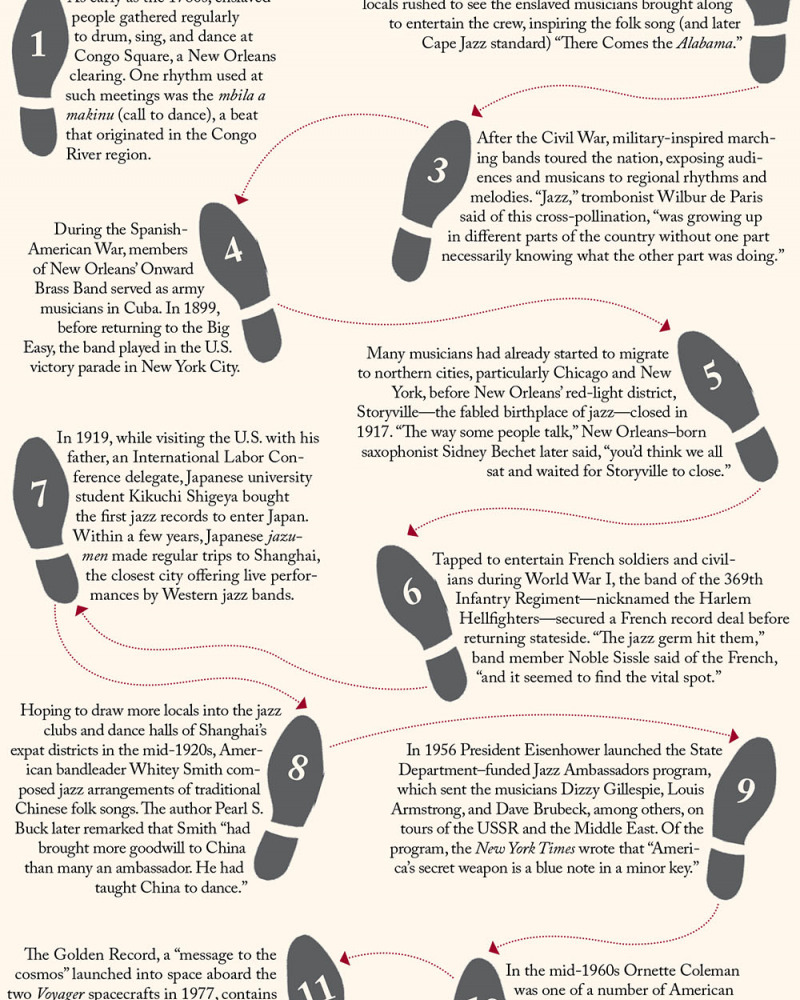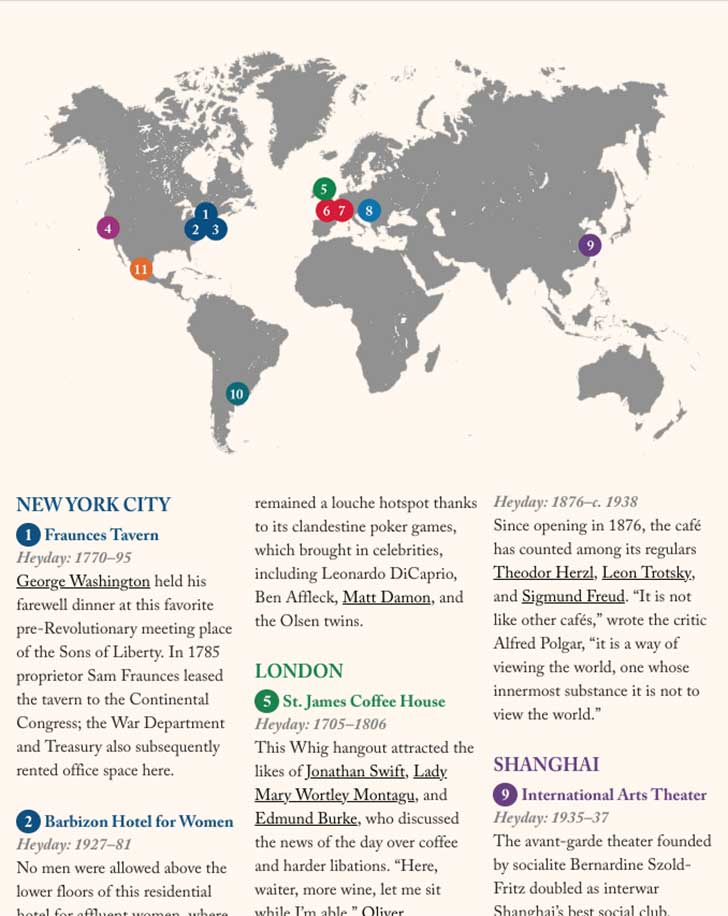Miscellany
A temperance movement “Anti-Saloon Battle Hymn” from 1907 describes the saloon as an “awful, unspeakable monster” that “makes millions of widows and orphans, / and drunkards of millions of men” and asks that “from its shackles, O God, do thou free us, / and for freedom we ever will stand.” In 1914 the song “Emancipation” pleaded for “not one slave” of alcohol to remain in this nation of “true liberty so grand.”
Miscellany
Primary school students in eastern Nigeria are encouraged to focus on their education with a song whose lyrics translate as “Education is sweet but hard to learn, but with patience, you can succeed if your parents have the white man’s money.”
Miscellany
The title track of Van Morrison’s 1990 album Enlightenment opens with the lyrics “chop that wood, carry water,” a reference to the popular Zen Buddhist dictum that before enlightenment, one must chop wood and carry water, and that after enlightenment, one must chop wood and carry water. The origin is a verse by the late eighth-century Chinese poet Layman Pang, who declared that his “supernatural power and marvelous activity” was “drawing water and carrying firewood.”
Miscellany
During the 1679 plague of Vienna, a drunken balladeer named Marx Augustin passed out in a gutter. Gravediggers, mistaking him for dead, carried him beyond the city walls and threw him and his bagpipes into a pit filled with the bodies of plague victims. Upon waking the next day, Augustin was unable to get out of the mass grave. He played his bagpipes and was eventually rescued. “Ach, du Lieber Augustin,” a defiant song of loss based on his misadventure, remains a favorite in Vienna today. In 1908 composer Arnold Schoenberg quoted the folk song in the second movement of his String Quartet no. 2 in F-sharp Minor, op. 10.
Pages




